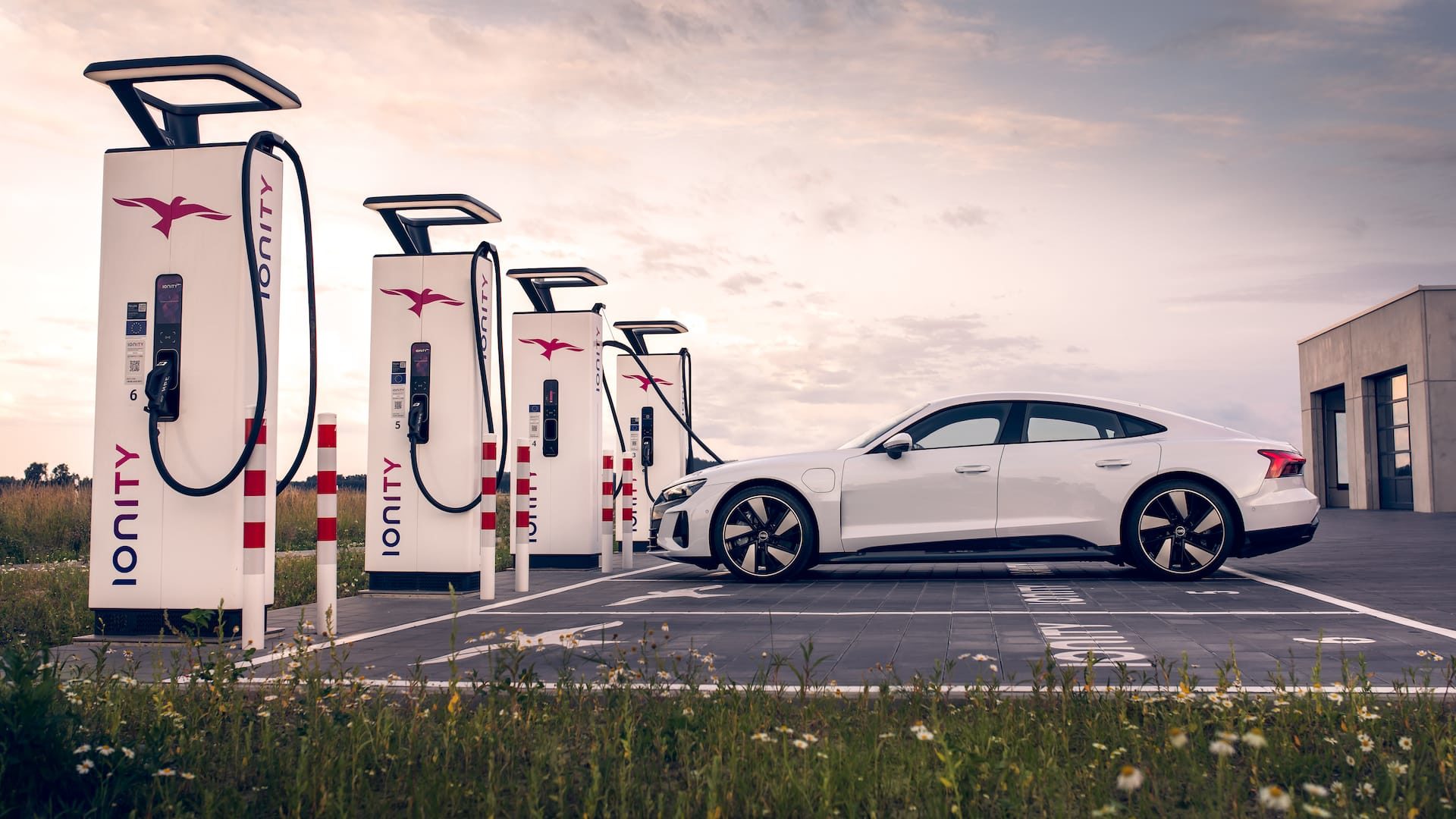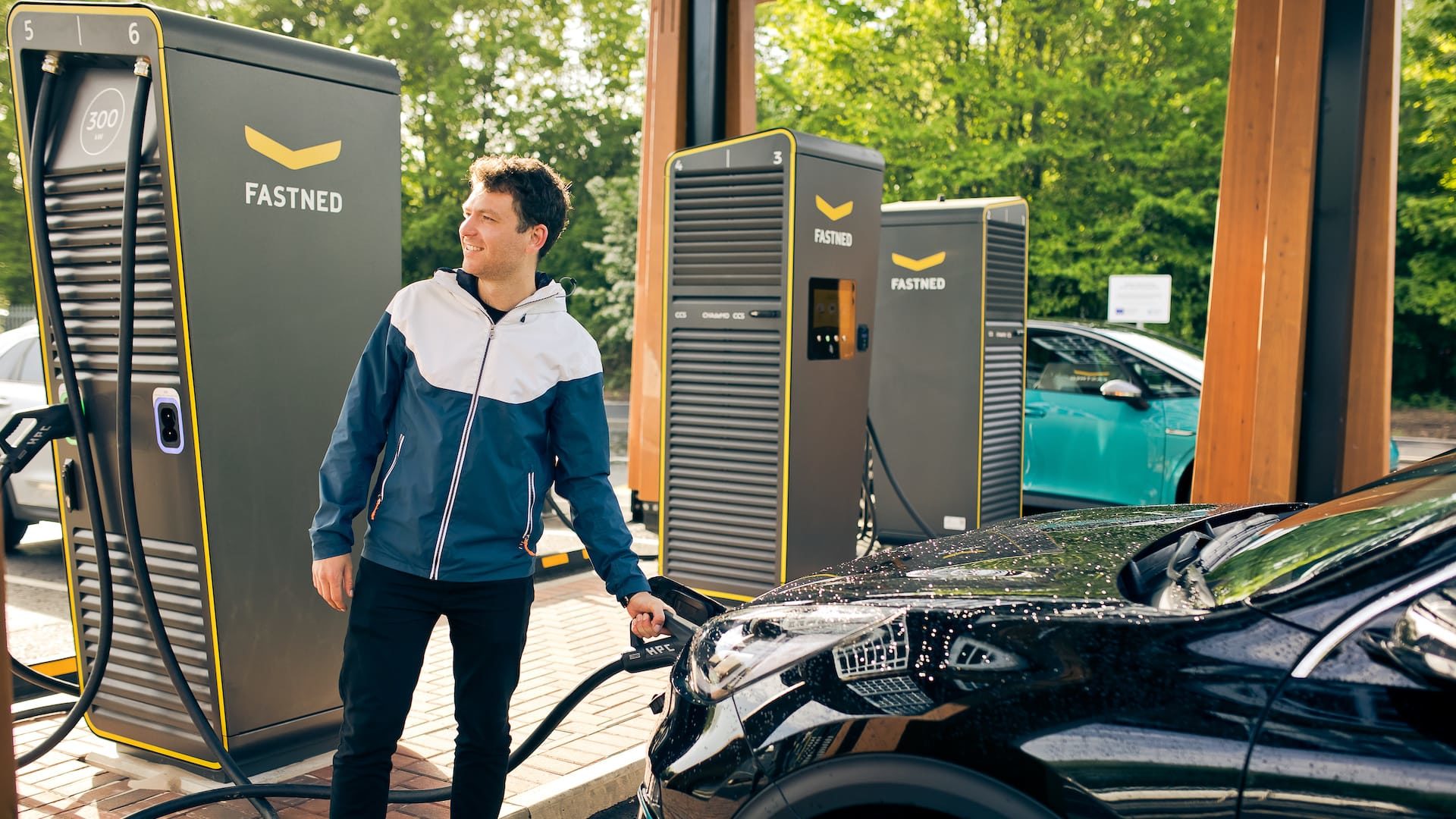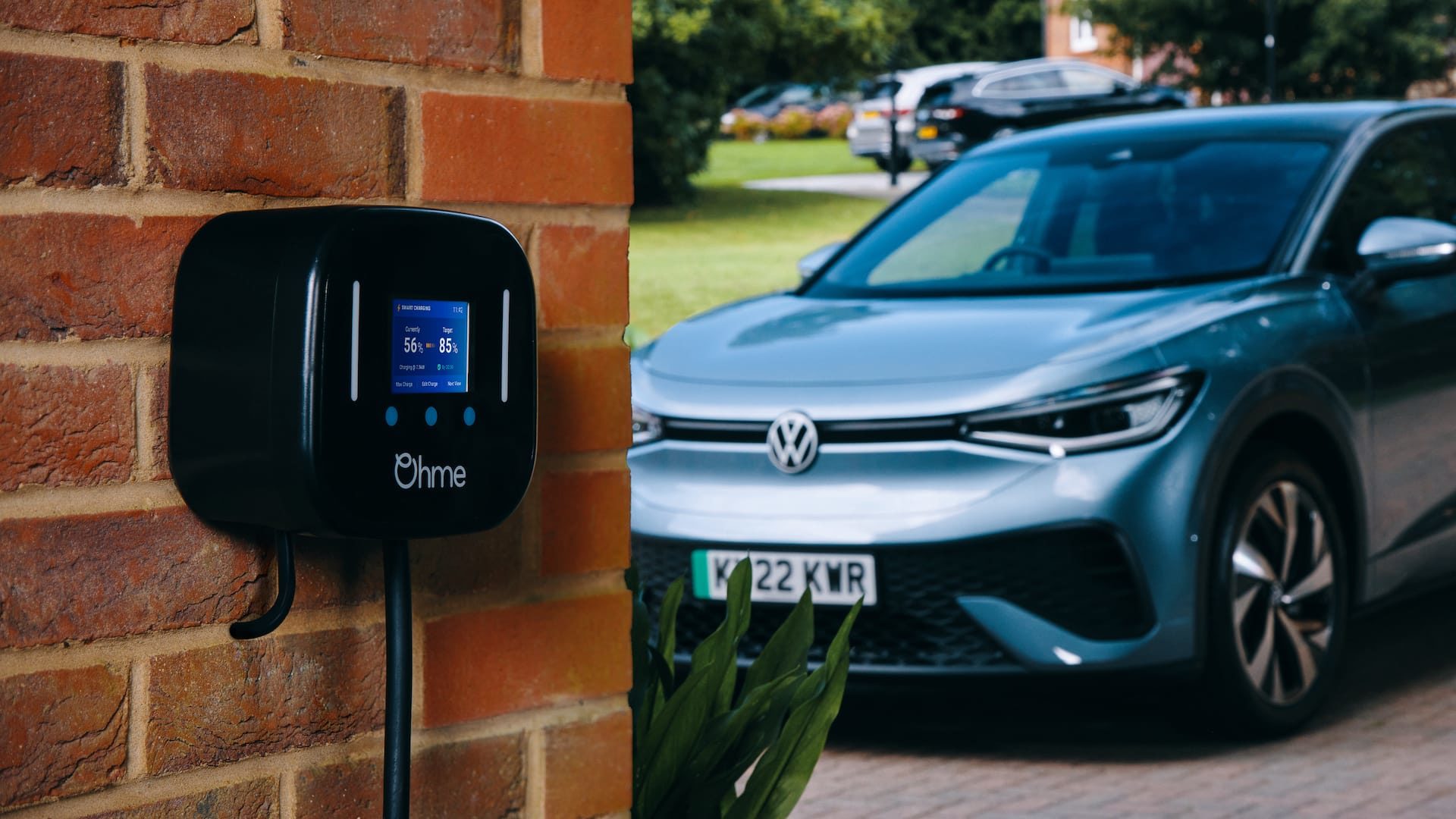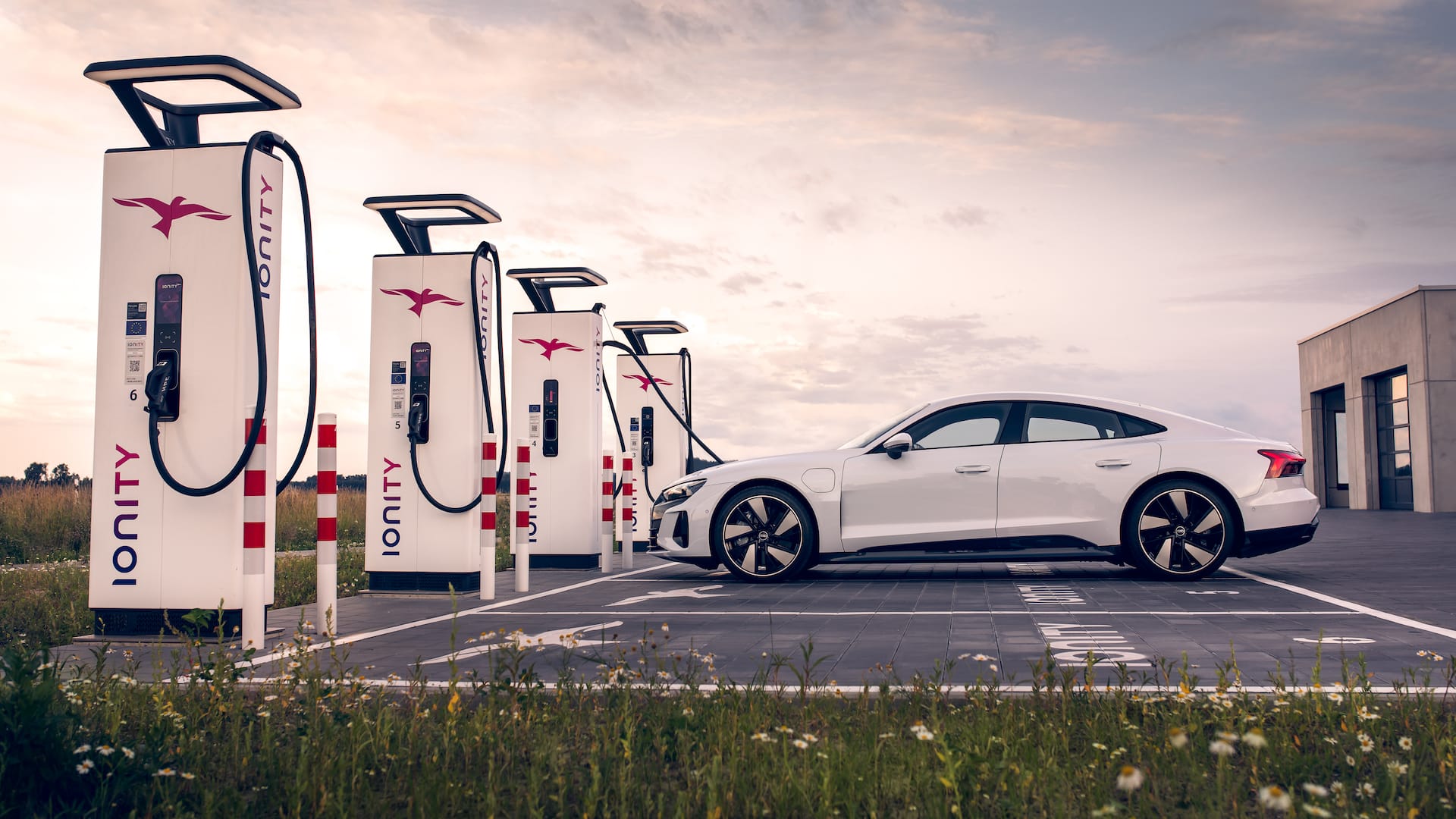
A study by RAC Charge Watch has found the cost of the fastest charging points has increased dramatically since May 2022.
The cost of using fast and ultra-fast public charging devices has increased by 50 per cent in the past eight months.
Rising prices mean drivers now pay an average of £36 as electricity costs rise fast charging Typical family electric car.
Fast charging, fast price increase

Prices for public fast charging to rise from an average of 44.55p per kWh May 2022 Now 70.32p per kWh. That’s a 58% increase and more than double the cost of charging an electric car at home.
The fastest ultra-fast device with charging power Beyond 100kW, the price increases by 48%. Drivers using the devices are now paying an average of 74.49p per kWh, compared with 50.97p per kWh eight months ago.
use public Super fast charging device Meaning drivers typically pay £38.29 to charge an EV’s battery to 80% capacity.
That’s £20.42 more than a driver would pay to charge at home. It also means that using public charging stations makes running an electric car more expensive than a petrol or diesel car.
Cheapest home charging

Drivers now normally pay 20p a mile for public express equipment and 21p a mile for superfast equipment. By comparison, regular petrol cars achieving 40mpg cost 17p per mile and diesel models 20p per mile.
The result is inaccessibility for EV drivers charging at home face high premiums.
Both the RAC and campaign group FairCharge have reiterated their call for the government to reduce VAT on electricity bought on public EV chargers from 20% to 5%. This will reflect the domestic energy rate paid for home charging.
Simon Williams, spokesman for RAC EV, said: “For the large number of drivers who are switching to electric vehicles, the numbers add up. Over time, the sticker price of new electric models will drop, but fast charging must also be as cheap as possible. .
“That remains the case, and those who can charge at home or work but don’t use the public fast-charging network often get amazing value – even with relatively high domestic energy prices at the moment. This is not the case for people who recharge, or who regularly take long distance trips beyond the range of their car. They will undoubtedly have to pay more, in some cases, for every mile they refuel than gasoline or diesel drivers Pay more.”
Also read:
M&S to install EV chargers in 70 UK stores
Charging an Electric Vehicle: The Difference Between kW and kWh
What is regenerative braking – and why do electric cars use it?
Cost of electric car rapid charging soars 50% in eight months
